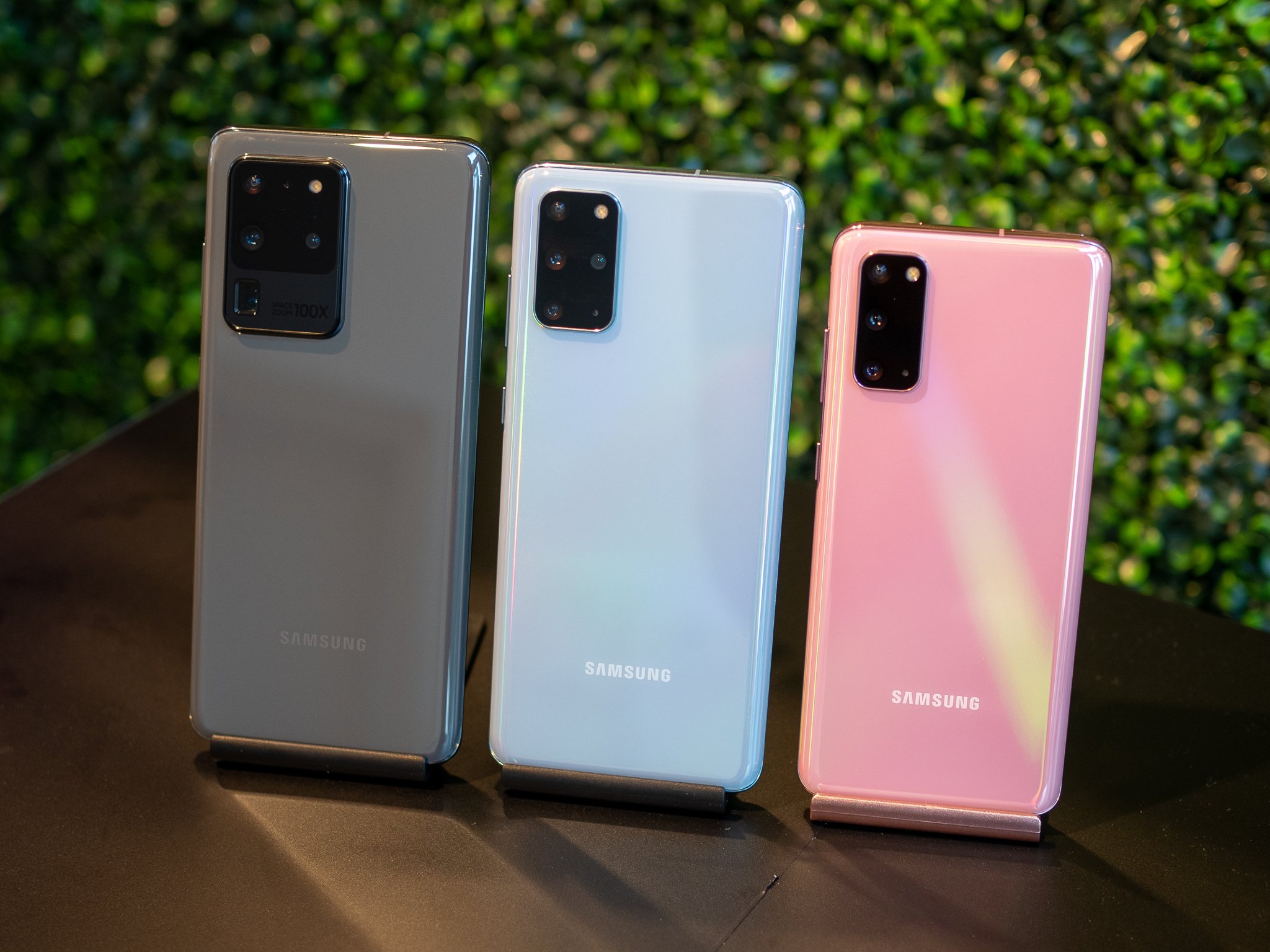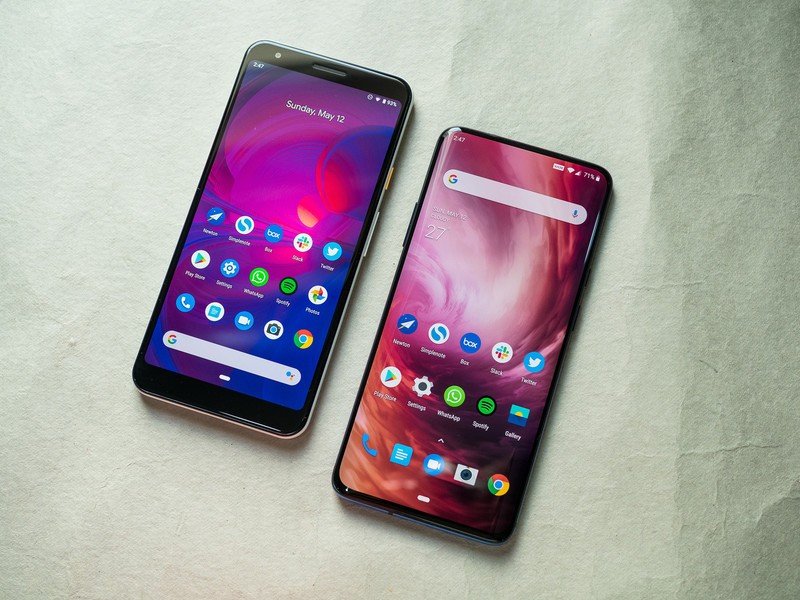Higher phone prices should mean better Android updates for longer, but they don't

The Samsung Galaxy S20+ has a retail price of $1,200. The Pixel 3a XL has a current retail price of just $420. The phones don't have much in common, but there is one important thing: both will receive the same number of updates before they reach support end-of-life. And one of these phones is approaching a year old.
One could argue that the Galaxy S20+ doesn't need platform updates because Samsung features are better and already in place. The person arguing that would be wrong, but on the surface, at least, this can look true. The reality is that what one person thinks doesn't make a thing true. Maybe you don't care about any new features Android 11 or Android 12 will bring, but a $1,200 price gives you the right to expect it.
Nobody should expect a phone to be updated forever. It's an idea that sounds nice, but if you've ever tried to use an old iPhone that was updated to its fourth or fifth iOS version you know it's not always a great experience. I'm not proposing that the S20+ should see a full-blown update to Android 14, but the cost implies that the phone is valuable enough that Samsung should provide the important bits beyond Android 12 and add what it can without ruining performance. Sort of like a security update or those Pixel Feature Drops we're seeing more frequently.
No surprises here: Samsung's 2020 flagships will only get major updates until Android 12
A large part of the Android update mess lies with the chip manufacturer, and that usually means Qualcomm. A new Android platform means that chip makers need to provide some new code to make things work as they should. Qualcomm is notorious for its unwillingness to do so (for free, anyway) and arrangements between device manufacturers and Qualcomm need to be struck when the phone was being designed that say how long Qualcomm will offer support.
Google can make these agreements last three years instead of two, and it loses money every time it makes a phone. Apple makes its own chips so it can update phones past the point of usefulness. Samsung has to ... wait a minute. Samsung also is a chip manufacturer and its Exynos chips aren't quite the performer that comparable Qualcomm chips are, but it could use them and provide years of updates if it wanted to do so.

Except it can't, because Qualcomm also offers the modem and complete RF solution and packages everything together in a way that makes it prohibitively expensive to use a different brand of chip in many Western countries. Samsung can't lose money on phone hardware like Google can because it's primarily a hardware manufacturer. A damn good one, at that. So, back to square one.
Be an expert in 5 minutes
Get the latest news from Android Central, your trusted companion in the world of Android
$1,200 buys a lot of phone hardware but not nearly as much software support.
Maybe carriers are the problem then. Samsung likes to pretend it doesn't have the leverage to get carriers to budge a little and a carrier wants you to upgrade your phone as often as possible. Carriers make money from the phone purchase and have an easy way to lock you into service when they sell you a $1,200 phone that doesn't work as well on another carrier.
I say Samsung does hold as much leverage as Google here and since we know the AT&T or Verizon Pixel 4 will get three platform updates, we can assume the S20+ should, too. Samsung is the largest phone maker in the world and makes the best phones. I don't know about you, but I'm getting tired of circular logic that keeps taking me back to one thing: Samsung could offer three (or more) version updates but for some reason it just doesn't.
So why doesn't Samsung want to offer a longer period of support that a $350 Pixel budget phone has? Money, that's why.
Two very specific things would happen if Samsung did the unthinkable and added even just one more year of support: people would buy Samsung phones less often, and the division that works at writing Samsung's version of Android would need a bigger budget to hire more people. Both cost money and a lot of it. Samsung is a for-profit company that exists only to make money like every other for-profit does. Spending more money is like a boogeyman holding a bucket filled with nightmares to companies designed to turn a profit.
That means it's really our fault. Like many, I'm looking at the Galaxy S20 line and wondering if I should buy one. I do not need a new phone, yet I'm salivating over the sexy new hardware Samsung shows us every year just like you are. I'm also determined that I will never spend $1,000 on a phone and part of the reason why is that phones have become disposable. Instead, I spent $900 (disclaimer — it was the company's money) on a Pixel 4 which is no better.
Maybe buying a Pixel "a" series is the smart, but boring choice.
I'm not sure why we all aren't buying Pixel a series phones or Nokia models that see fast updates for two years or even phones that will probably see quarterly security updates only but have the same killer hardware from companies like Redmi or Realme.
What I do know is I keep looking at that Galaxy S20 page and have to talk myself out of clicking the button, even though I know I deserve better.

Jerry is an amateur woodworker and struggling shade tree mechanic. There's nothing he can't take apart, but many things he can't reassemble. You'll find him writing and speaking his loud opinion on Android Central and occasionally on Threads.
